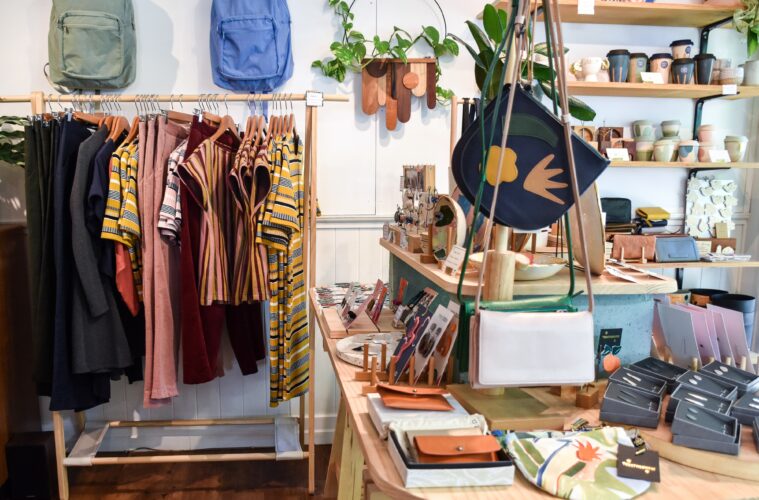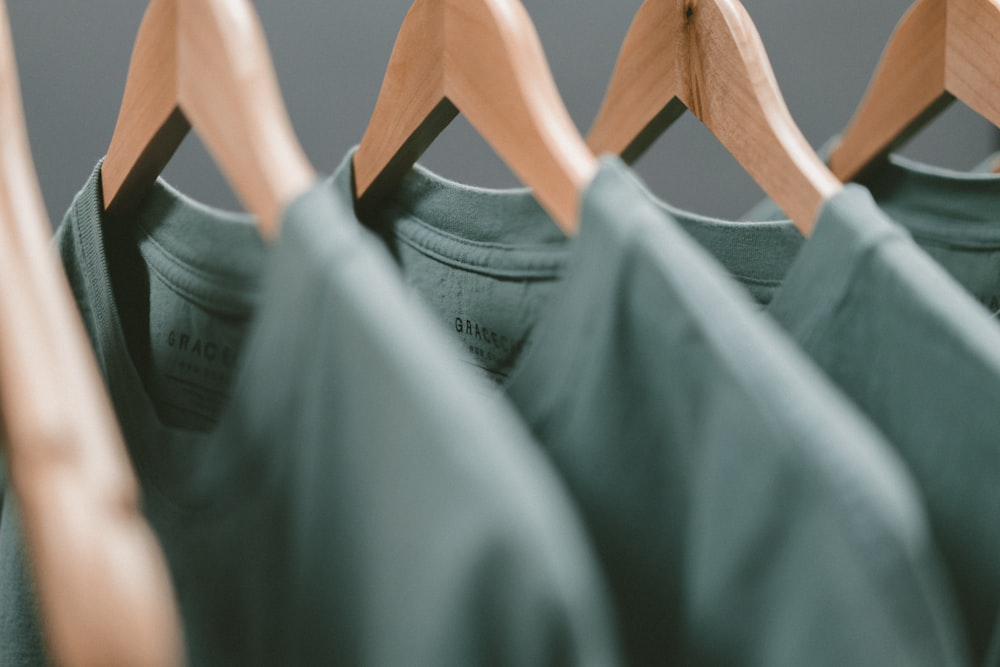Ethical clothing is becoming more and more popular in the fashion world, and for very good reasons. This emerging trend is not just about dressing well. It’s about wearing your values on your sleeve and making a positive impact with every single purchase you make.
Powered by conscious consumerism, transparency, and the desire to reduce waste, ethical clothing brands have transformed the way we think about our wardrobe choices. But why is ethical clothing becoming the preferred choice for more shoppers? Let’s take a look.
What You Need to Know About the Popularity of Ethical Clothing
More and more people are switching to slow or ethical fashion for the benefit of our planet, and this change couldn’t come at a better time. Want to make the switch? Here’s why you should.
1. Conscious Consumerism
As a conscious consumer, you are more likely to choose brands that are transparent about their practices, uphold fair-trade agreements, and utilize eco-friendly materials. This shift towards ethical awareness in fashion reflects a growing global desire for sustainable consumption.
2. Ethical Materials
When you shop for ethical clothing on this website or others like it, you’ll notice that sustainable materials dominate their catalog. Organic cotton, recycled synthetics, and cruelty-free sourcing take center stage in these fashion lines, and this will likely be the case for other brands soon.
3. Quality Over Quantity
The principle of quality over quantity greatly sets ethical clothing apart from fast-fashion trends. Instead of mass production, ethical brands focus on creating clothing that lasts longer due to their high-quality materials and impeccable manufacturing standards, leading to reduced waste.
4. Transparency
Ethical clothing companies often voluntarily share comprehensive details about their supply chains and manufacturing processes with customers. The resulting clarity not only breeds trust but also aligns with the consumers’ desire for accountability in their preferred brands.
5. Fashion Revolution
Sparked by the catastrophic Rana Plaza factory collapse in 2013, this movement advocates for industry-wide transparency and better working conditions. As consumers join this revolution, they opt for ethical alternatives that align with their newfound knowledge about the industry.
6. Supporting Artisans
Many ethical clothing lines involve handcrafted elements by talented artisans worldwide. By choosing these brands, you get unique, beautiful pieces and sustain traditional craftsmanship. This dual reward elevates ethical fashion’s popularity among discerning consumers.
7. Reducing Waste
The fast fashion industry significantly contributes to landfill waste, while ethical brands take steps to minimize this impact. They promote recycling, make efficient use of resources, and concoct less wasteful manufacturing processes, making them appealing to conscious shoppers.
8. Animal Welfare
In manufacturing their products, ethical brands avoid any practices that harm animals or compromise their wellbeing. This cruelty-free approach to fashion resonates deeply with consumers who value animal rights and contributes to the growing popularity of ethical clothing.
9. Personal Connection
Many brands weave engaging backstories around their products, highlighting the hands and hearts behind each piece. This creates a connection between the wearer and the garment’s creator or the environment from which the materials were ethically sourced.
10. Feeling Good about Your Choices
By choosing to purchase from a conscious brand, you gain more than just a piece of garment. You also join a community that values fairness, sustainability, and respect for all living things. It’s a purchase decision that gratifies not just your aesthetics but also your emotions.
In Conclusion…
Embracing ethical clothing not only means making a stand for human and animal rights, but it also signals your commitment to the environment. As a consumer, you’re empowered to make choices that support ethical practices and contribute positively to societies around the world.
Published by HOLR Magazine.



